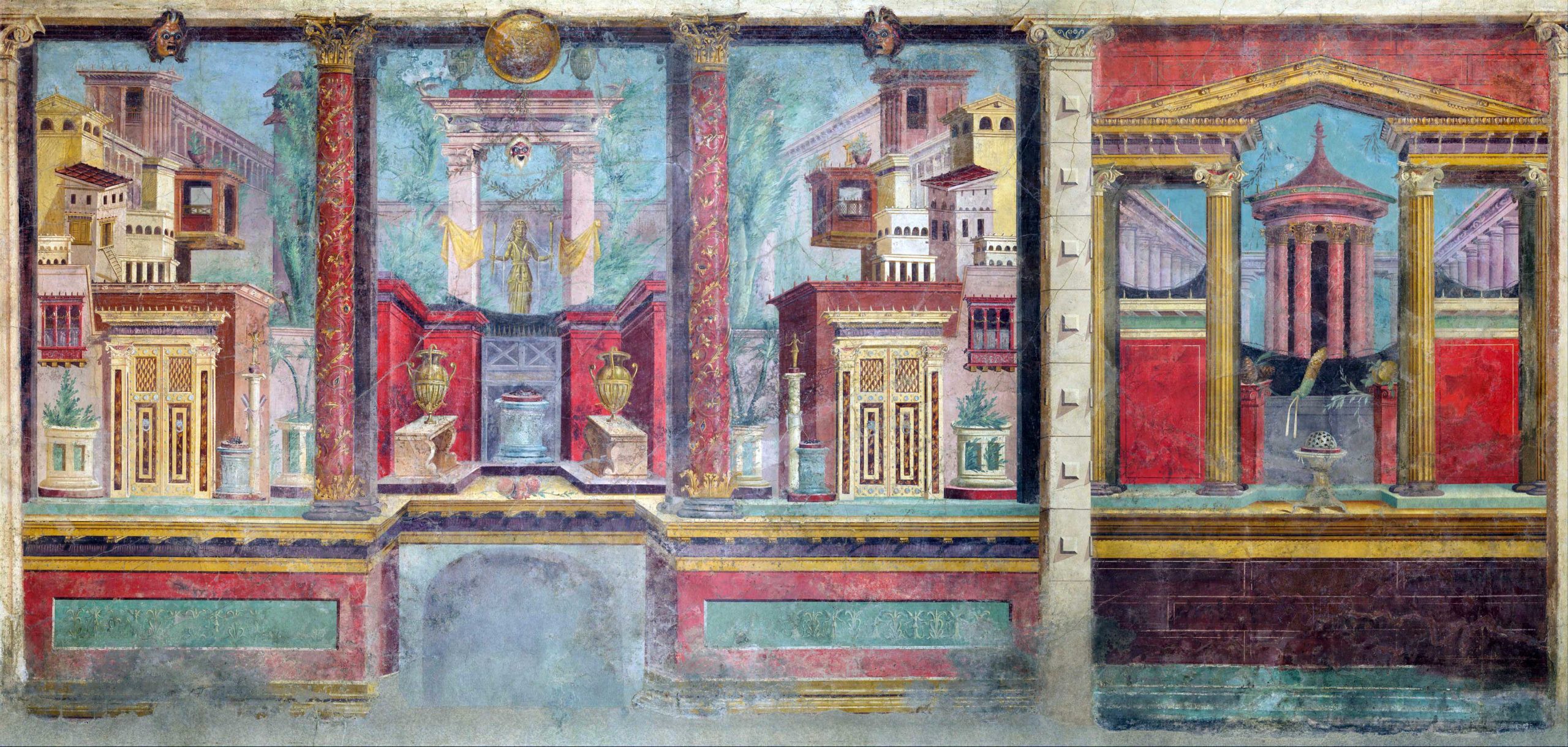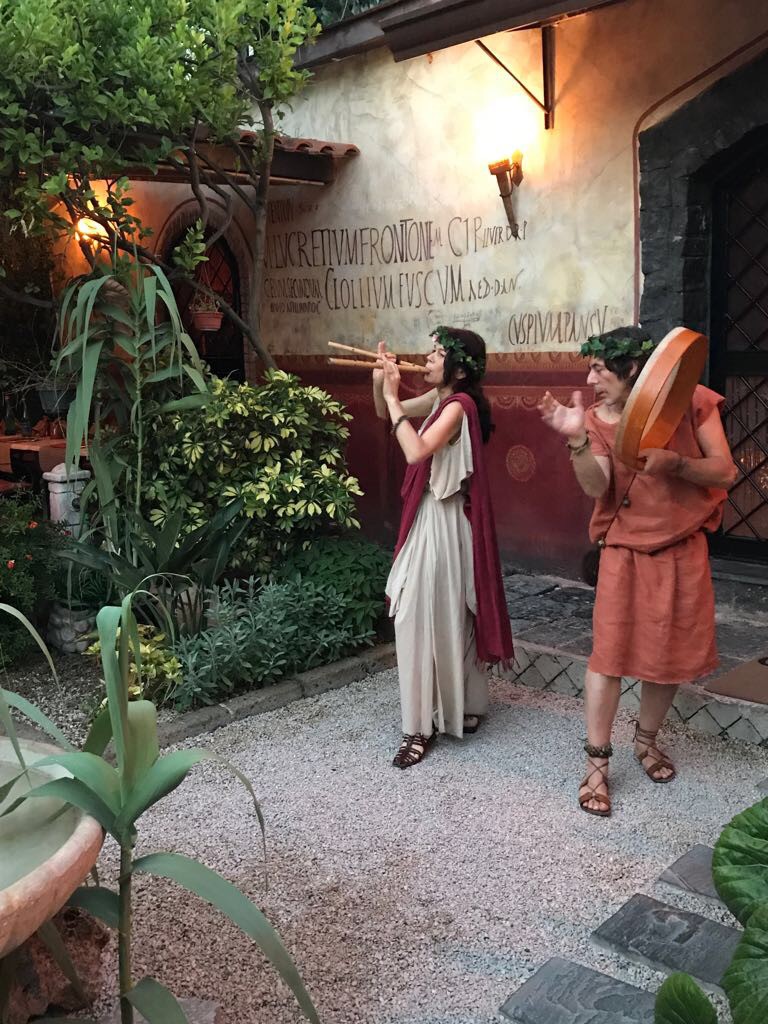55 Diminutives
I copied it out; I already knew about half the words. Latinitas drew my attention to three odd looking nouns in it: homunculus, muliercula, and animula.
“These nouns are called the Diminutives of the nouns homō, mulier, and anima. A diminutive indicates that the noun is somehow vulnerable, precious, or small; translate them as ‘poor little (noun)’ or ‘sweet little (noun)’. The diminutive form is slightly different for each noun, but ONE THING ALL LATIN DIMINUTIVES HAVE IN COMMON IS AN EXTRA LETTER L
BEFORE THE ENDING; there may be more added letters too, like cul or ul in these nouns, but the extra l is the key:”
homunculus, homuncul-īm.poor little human being muliercula, muliercul-aef.poor little woman animula, animul-aef.poor little soul
ocellus, ocell-īm.poor little eye
She put the letter back in its nook and we walked back out into the garden, where Cicero’s son Marcus was together with his mother Terentia, conducting a sacrifice to the gods and asking that they would bless his departure. I could see a rooster and a knife in Marcus’ hand, and in an instant there was a trace of blood on the stone altar. “Normally they would sacrifice a calf or a lamb,” Latinitas remarked, “but they had no time to go to the market in the town; so they asked the farmer down the road for a rooster.”
Once the sacrifice was over, we followed mother and son out to the front of the villa. We watched Terentia and the others cover Marcus’ head in kisses and tears; he mounted his horse and set off, joined by the armed men and a small group of attendents, who I think were slaves. They were heading down to the coast, and from there they would hire a boat and begin the long voyage to Greece.
“The Liberators’ cause may be doomed, but Marcus at least is not. He will survive the wars and reconcile with Octavian. When he is older he will become a senator, and a priest – one called an augur, who specializes in reading omens.”
“As for Terentia, she, like her son, is a religious soul. The gods will reward her piety by allowing her to die peacefully in her sleep at the ripe old age of one-hundred and three.”
 A fresco wall painting from the Villa of Publius Fannius Synistor, near Pompeii. The scene sinistrā, on the left, shows a view of an imaginary city (urbs) or town (oppidum). The view dextrā, on the right, depicts an enclosed outdoor space with a circular shrine.
A fresco wall painting from the Villa of Publius Fannius Synistor, near Pompeii. The scene sinistrā, on the left, shows a view of an imaginary city (urbs) or town (oppidum). The view dextrā, on the right, depicts an enclosed outdoor space with a circular shrine.
 The entrance to the Caupona Restaurant in modern Pompeii, Italy; caupōna is the Latin term for a roadside tavern or inn.
The entrance to the Caupona Restaurant in modern Pompeii, Italy; caupōna is the Latin term for a roadside tavern or inn.